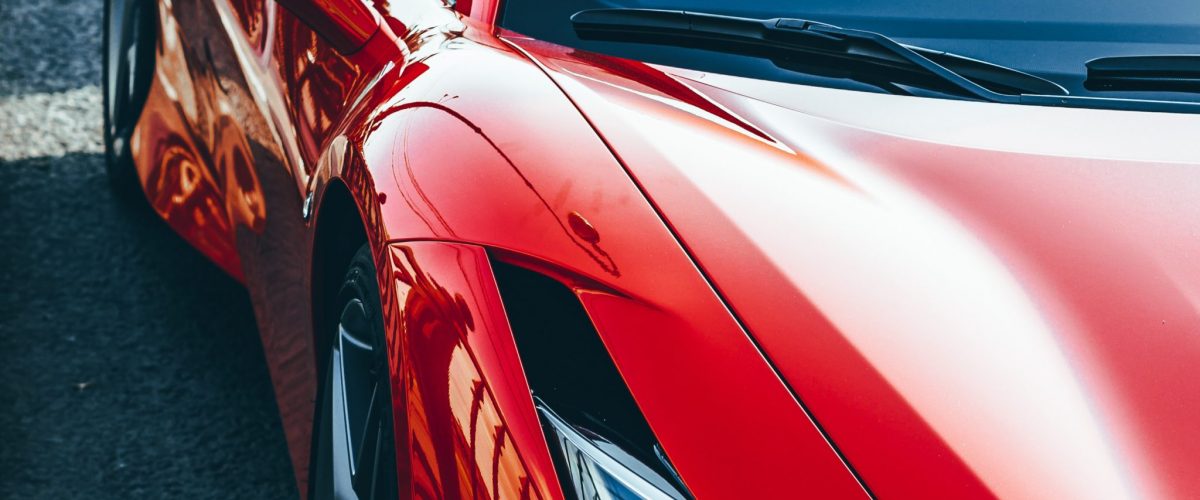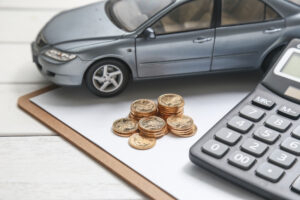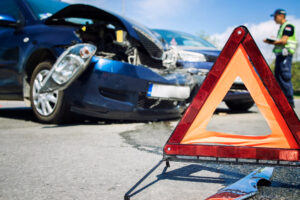By Vuyi Mpofu
We live in an era in which it has become the norm to inflate our sense of self-worth with material possessions.
You only have to browse any of the numerous social media platforms to see thousands of people seemingly seeking the acceptance of strangers through showing off a lifestyle that isn’t necessarily real. And when it comes to artificial boosters, nothing speaks louder than our cars. As a result, it is not surprising to learn that a countless number of motorists drive vehicles they can barely afford.
Here are 5 tell-tale signs that you may be digging far deeper into your pockets to finance your flashy set of wheels than you should:

1. Borrowing from the future
This is a perfectly acceptable way of making ends meet provided you keep a firm handle on your debt. But, if you can’t afford your monthly living expenses and must rely on loans and credit cards to make up the shortfall, you might want to steer clear of buying expensive vehicles. This includes purchasing a car based on what you will have to pay into your financier at the end of the finance period.

2. Falling behind on your monthly instalments
This is probably the most glaring tell-tale sign and given our country’s economic situation, it is a predicament many people may find themselves in.
Contrary to popular belief, lenders aren’t chomping at the bit to repossess vehicles because this is a time and resource-consuming process. Rather, banks are surprisingly open to discussing and finding realistic repayment solutions aimed at keeping motorists in their vehicles.

Should you find yourself falling behind on your monthly instalments contact the bank and discuss options which could include:
- Changing your debit order date to avoid late penalty fees
- Altering your repayment schedule to extend your load period by possibly decreasing your monthly repayment amount
Keep in mind that any adjustments to your initial repayment plan may attract fees and interest in the long term so it is advisable to enquire about these when you chat with your lender.
Be sure to get everything in writing to avoid confusion in the future.
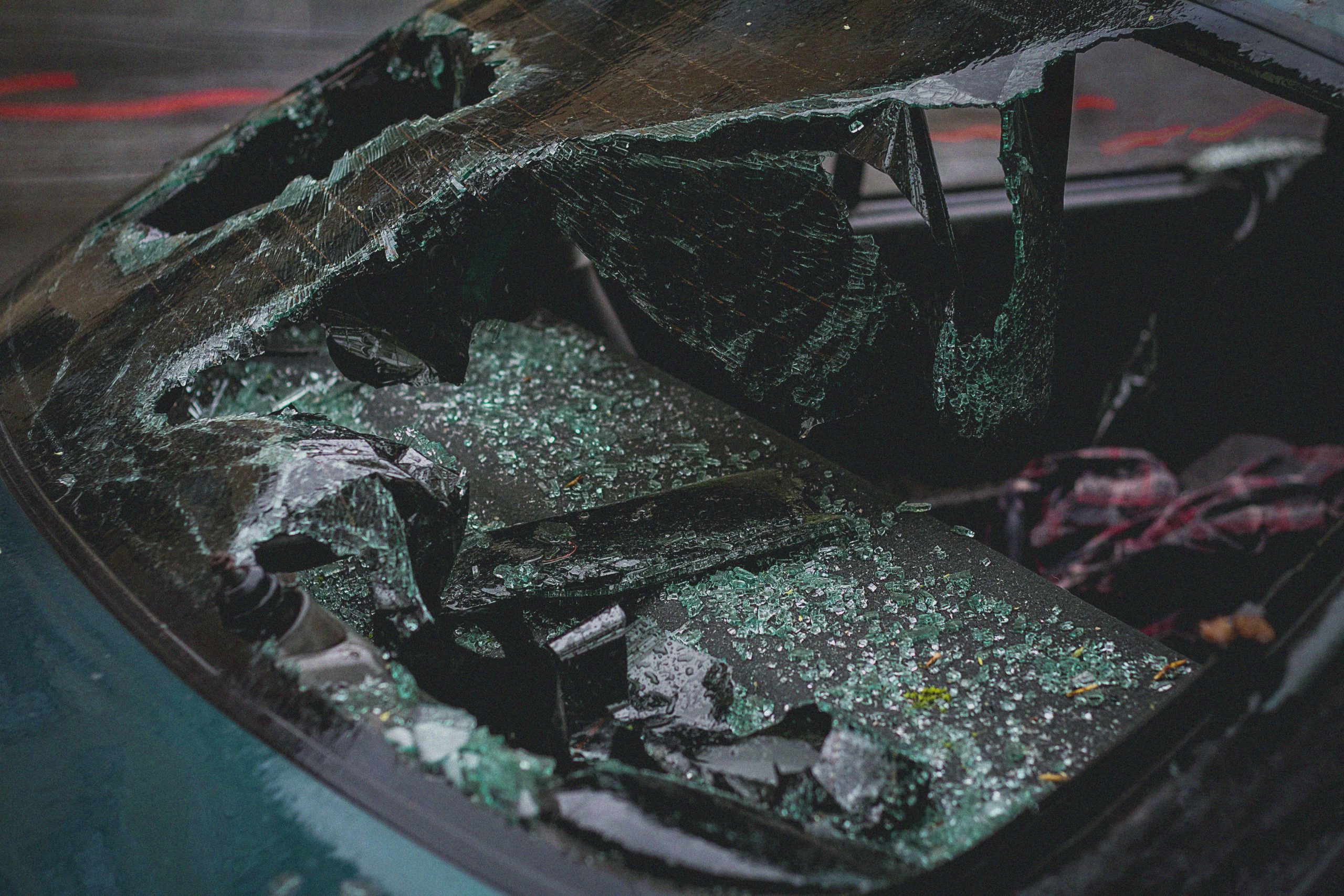
3. Tempted to cancel your insurance
Cancelling your car insurance would most certainly free up a bit of money monthly but in the long term it is not worth whatever amount you ‘save’. Bear in mind that should anything happen to your vehicle, such as theft, vandalism, damage due to an accident, or act of God – the costs of repair could cripple you financially.
Downgrading the type of insurance cover you have maybe a better solution than cancelling it altogether. If you currently have fully comprehensive cover perhaps comprehensive cover could make a difference to your pocket while still giving you peace of mind.

4. Making financial decisions based on your friend’s financial status
It may seem obvious but not everyone earns the same amount of money so it is incredulous that people try to live at the same level as those who earn more than they do. Blame it on our culture of sharing the highlights of our lives on social media but the urge to keep up with the Mkhizes is stronger than ever.
If you find yourself buying vehicles and accessories based on other people’s choices, you are probably spending more than what you can afford. The solution is to stick to your lane and spend within your means but should you find yourself in silent financial competition with friends whose tastes for the finer things in life are too rich for your budget-friendly pocket then perhaps the alternative is to cultivate relationships within your financial bracket.
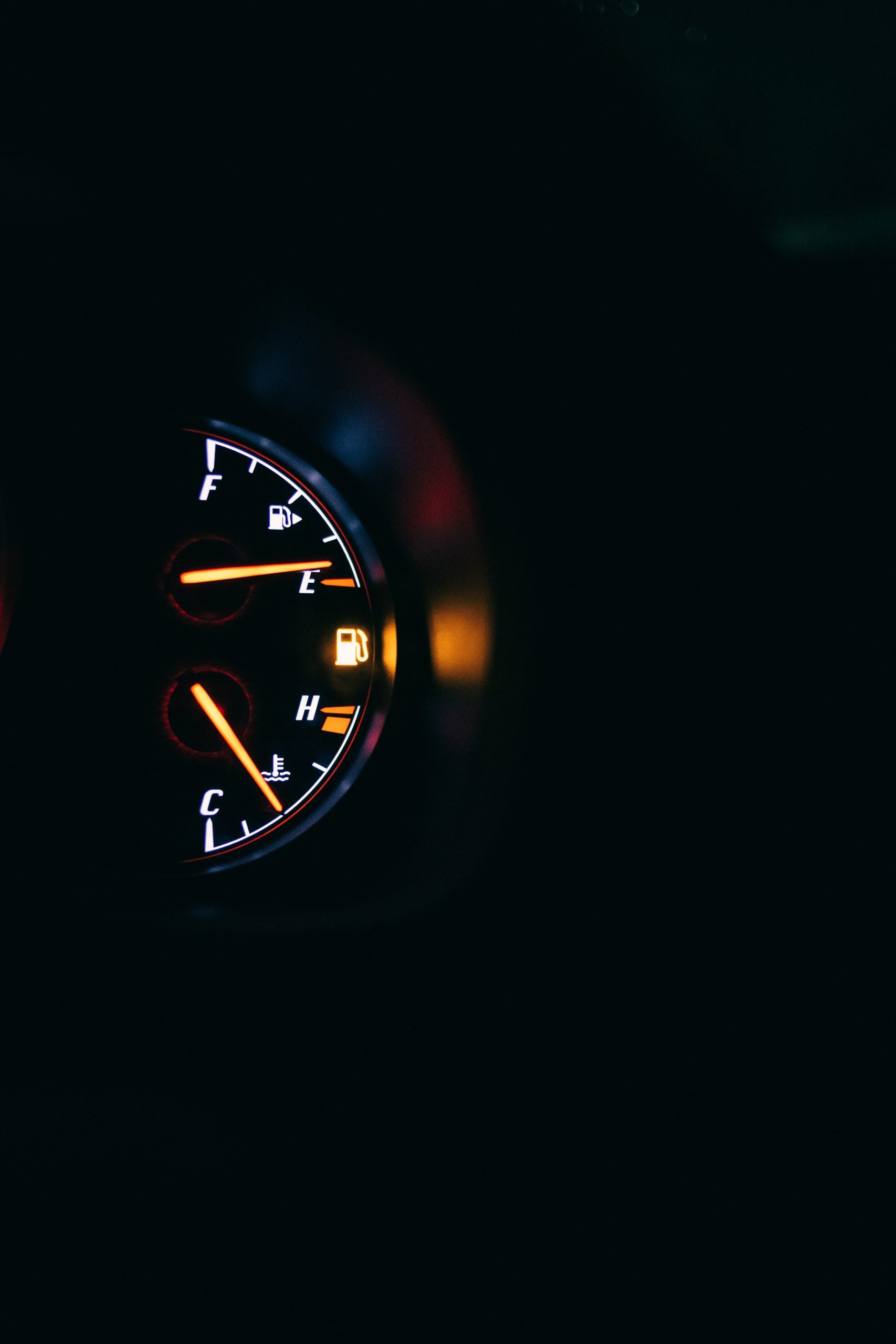
5. Borrowing for basics such as fuel
Consistently sponging off friends and relatives to pay for fuel is yet another conspicuous sign that your car’s financial needs may be beyond your means. Granted, we live in tough times but some have been borrowing money for fuel long before the pandemic.
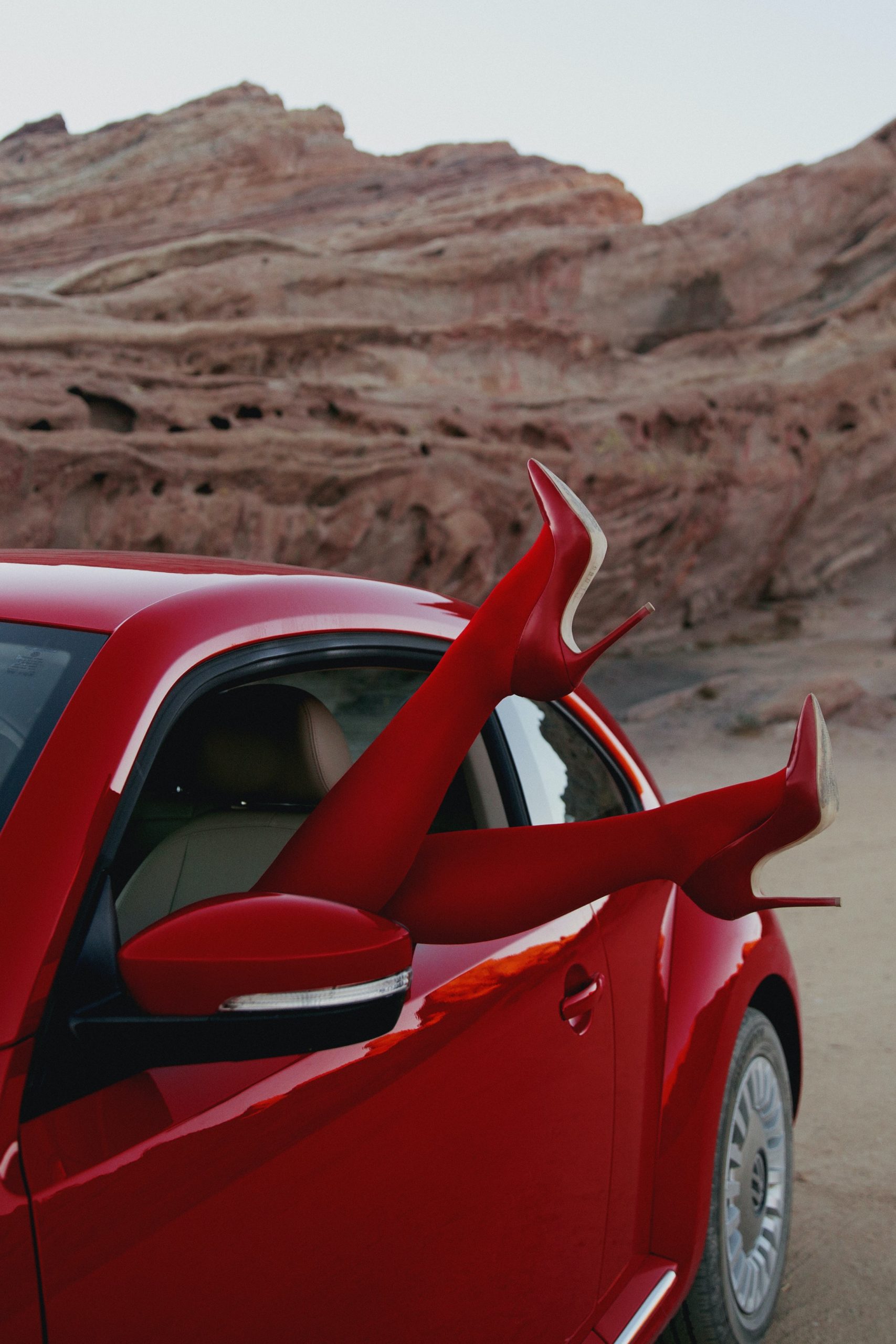
Anyone can find themselves losing their balance on a slippery financial slope but as the saying goes, it’s not how you fall, it’s how you get up that matters. As difficult as it may be to face the facts, we need to be honest about our finances and make the necessary adjustments.
This could include voluntarily handing back your vehicle to the bank or trading in your current set of wheels for a less expensive ride.
The idea is to maintain a good credit rating and possess your own mode of transport.
